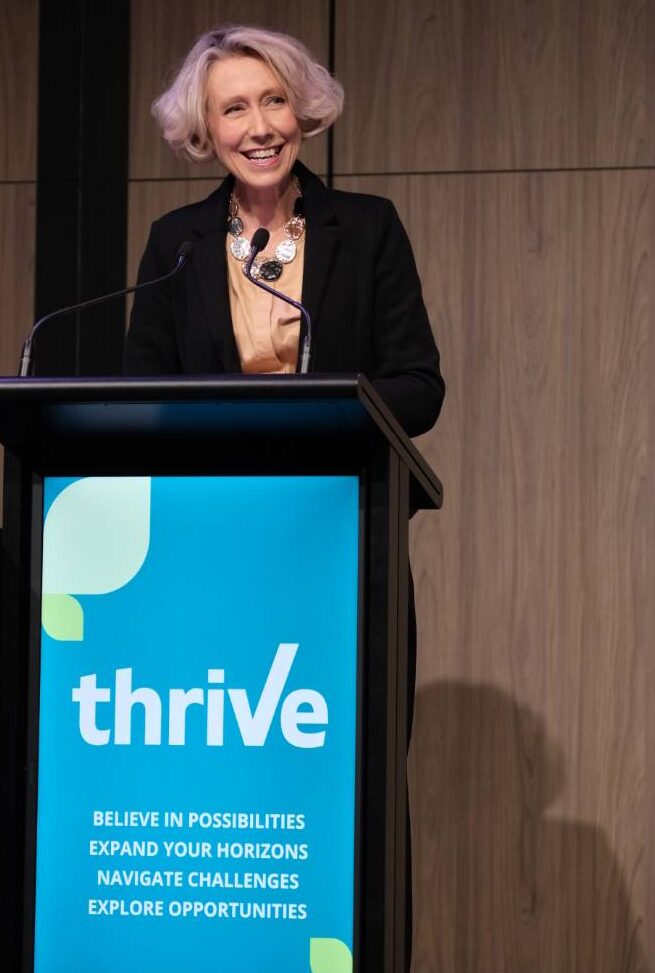The FMA’s CEO Samantha Barrass says advisers have faced “adversity and upheaval for a number of years”, with the pandemic followed by “catastrophic, climate-related events, and the increased cost of living”.
Speaking at Financial Advice NZ’s Thrive conference on Tuesday 5 March, she said: “Through all this, advice continues to play a critical role in helping people manage their affairs and make well-informed decisions.
“We’re well aware of the rate of change that financial advisers have experienced; we want to manage this with you and focus now on embedding the opportunities in the new regime,” she said on day one of the conference at the Wellington Convention & Exhibition Centre.
“It is worth noting that advisers have been at the forefront of the introduction of conduct regulation in New Zealand, and our dealings with you show that you well-understand the importance of confidence and trust in your industry, in order that you can thrive.
“So, our commitment to you is to intensify our collaborative approach under Outcomes Focus Regulation, and ensure compliance is proportionate and appropriate to the scale and size of your business.”

Barrass said that while Outcomes Focused Regulation represents a step change in the way the FMA approaches engagement and regulatory efforts, “some of our core regulatory practise and functions will remain evergreen and consistent”.
“We know the industry wants us to hold bad conduct to account and weed out poor practice, or indeed the bad apples that can appear in any industry.
“That’s our job and you’ve seen us active in that space. We will continue to maintain a credible deterrence focus to ensure we are promoting confidence and trust in your sector.”
We will continue to maintain a credible deterrence focus…
Looking ahead, she said that over the next few months the FMA will publish the outcomes of its monitoring activity.
“We’ll be reflecting these insights back to you, the good practice, along with the bad,” she said. “Expect to see something public on this, later this year.”
Turning to insurance, she said there are still large segments of New Zealand that are underinsured.
“They are facing increasing complexity in the way products work and the risks that are weighing on their policies, be it health, life insurance, or home and general, as climate impacts start to bite,” she said.
“This is where your advice and guidance come to the fore – as a trusted partner.”
Barrass said new generations of clients and customers are finding information and referrals from a wide variety of sources “that are not necessarily proper, regulated advice” – a good example being the rise of finfluencers (unregulated commentators on social media).




